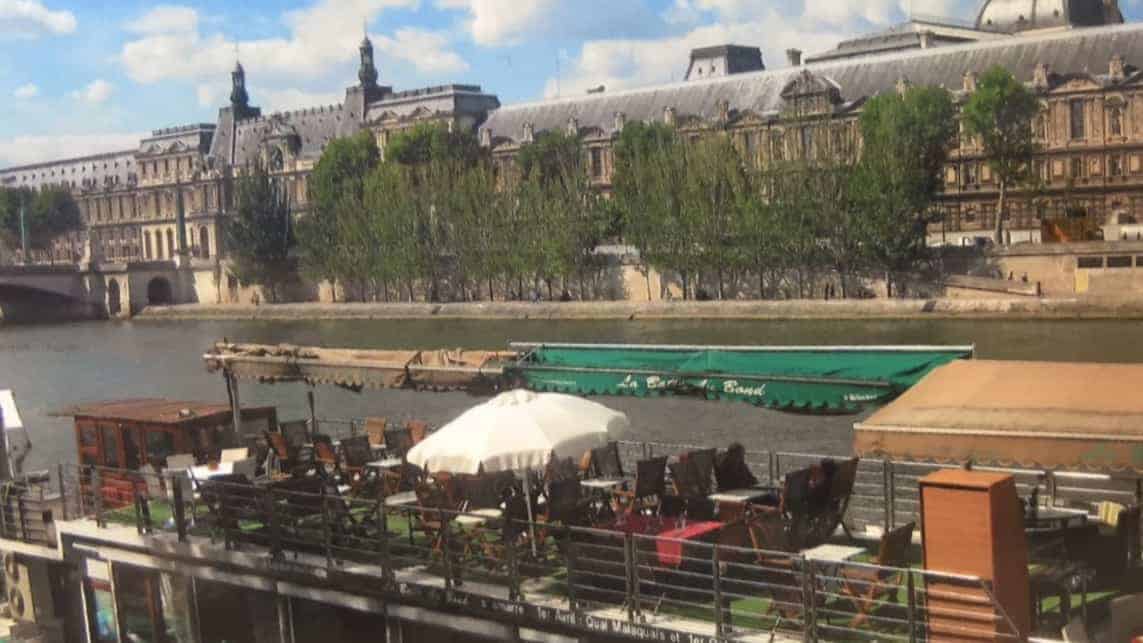Depositions of U.S. citizens in France may be conducted without any special requirements or restrictions and can be scheduled much as they would be in the U.S. If you are conducting a deposition of a French citizen or third-country national, the process will be a bit more complicated, but navigable. Working with a court reporting firm with French deposition expertise can make the navigation process less stressful, as they can answer your questions about the process along the way.
One option for your French deposition is to conduct the deposition before a diplomatic or consular officer. Authorization from the Ministry of Justice must be obtained, and a commission issued by a U.S. court is required as part of that process. No deposition taken on notice will be approved by the French Central Authority.
To obtain the permission of the French Central Authority, you will need to contact the U.S. Embassy or Consulate and provide the commission (and French translation) at least 45 days prior to the preferred deposition date. The Embassy or Consulate will inform all proposed attendees of the depositions as soon as permission has been granted (or denied) by the Ministry of Justice. The deposition’s date and time must be communicated to the Ministry of Justice in advance.
The deposition must be held on Embassy or Consulate premises. Exceptions may be granted, but a full explanation as to why the deposition must be held elsewhere must be submitted for the Ministry of Justice’s approval. Also, the deposition must be open to the public. If the depositions are held on Embassy or Consulate grounds, there is a required deposit of fees which can be arranged through the Embassy or Consulate where the deposition is to be held. The scheduling fee for the Embassy or Consulate is $1,283.00 and is non-refundable. The fee must be paid again if the deposition is rescheduled. There is a statutory fee of $309 per hour for the consular officer’s time during the deposition. There is a fee of $415 for the notarial service related to the deposition closing certificate. All fees may be paid via credit card.

Witnesses must be summoned by written notice in French at least 15 days prior to the deposition date. The Embassy or Consulate will send the notice, which must include assurances that appearances are voluntary, all parties to the case have consented to the deposition, and the witnesses may be represented by a lawyer.
It is worth noting that due to space, budget, and personnel restraints, coupled with security considerations, most depositions in Paris do not take place at the Embassy. The Ministry of Justice understands the constraints and authorizes the depositions to take place at another location, e.g., a hotel or office in Paris, although this authorization is given on a case-by-case basis. In such cases, attorneys will agree on the record to have the consular official withdraw after administering the oaths. Normal consular fees will apply. In addition to the Embassy in Paris, there are consulates throughout France — in Bordeaux, Lyon, Rennes, Toulouse, and Marseilles.
When you need assistance securing a location in Paris, your court reporting firm can help. Paris is full of five-star hotels with wonderful amenities — from gourmet dining options to top-tier business centers capable of hosting your depositions down to the smallest detail. Whether your deposition is held at a hotel in Paris or one of the consulates, working with a court reporting firm with reporters and videographers living throughout Europe will not only keep your client’s costs down, but you’ll also have the benefit of their familiarity with all the region has to offer, including recommendations for the best eateries in the world’s gastronomic capital.


